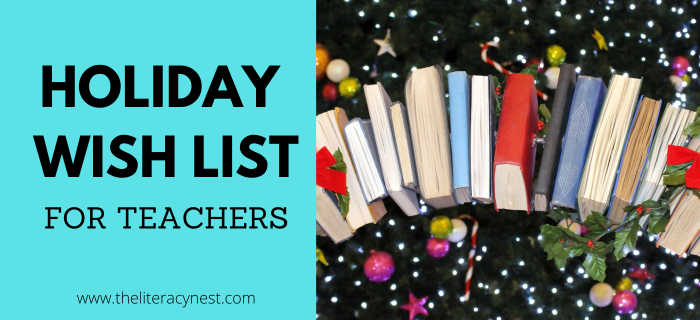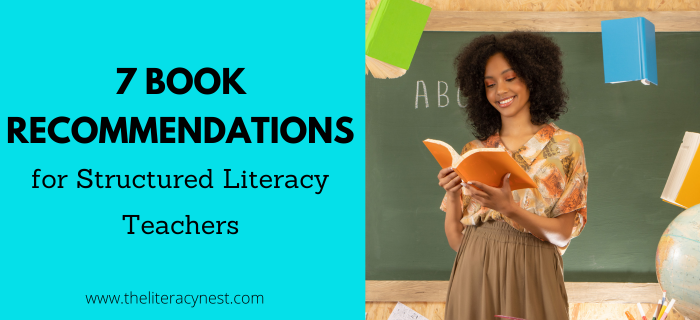Structured Literacy Books Holiday Wish List
If you’re a structured literacy teacher, the right structured literacy books can sharpen your practice tomorrow morning. Luckily, I’ve rounded up eight super practical books that offer: 1. Research you can explain to families and colleagues.2. Routines you can plug into your OG lessons.3. Joyful ideas that help our most reluctant readers feel successful. The…









